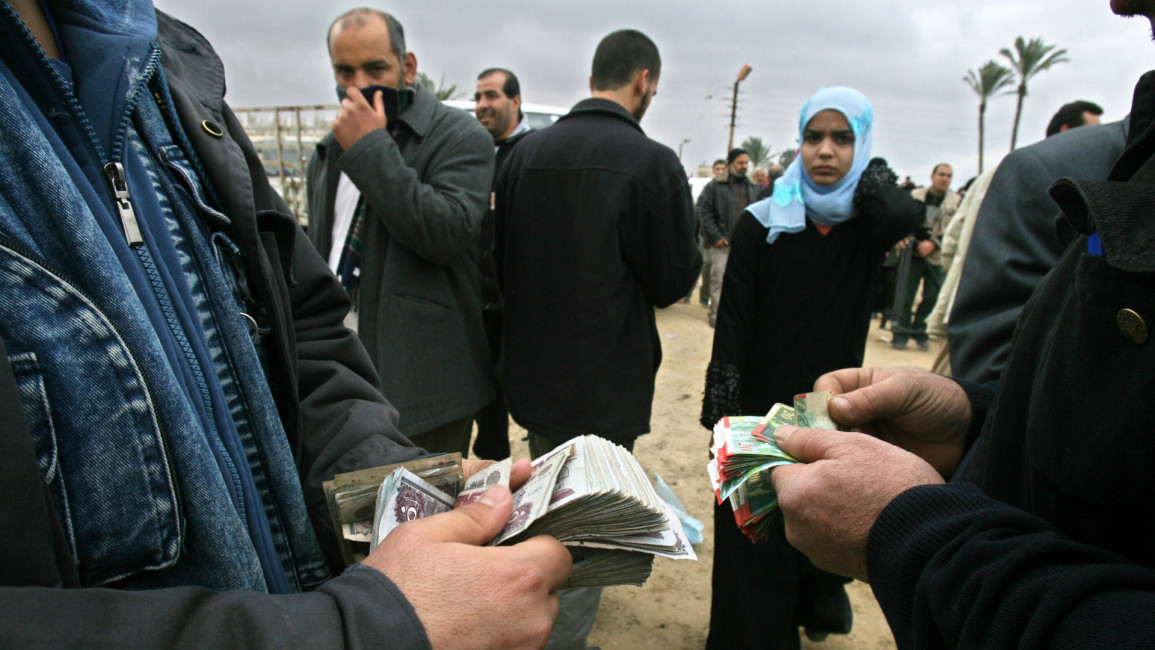Seeking Saudi forgiveness, Egypt phones its Gulf friends
Egypt has requested the mediation of Bahrain and the United Arab Emirates in order to bring an end to Cairo’s ongoing dispute with Riyadh and alleviate economic woes in the country, Egyptian political sources have informed The New Arab’s sister publication.
In October, Saudi Arabia suspended oil sales to Egypt in a move that has been linked to differences between the two states over Syria’s civil war. On October 12, Egypt voted against a French UN Security Council proposal calling for an end to airstrikes in Syria and the imposition of a no-fly zone over Aleppo; an action that the Saudi Arabian envoy to the UN called “painful” at the time.
Earlier this year Saudi Arabia had agreed to provide Egypt with 700,000 tons of refined oil products per month over five years under a $23 billion deal signed between Saudi Aramco and the Egyptian Petroleum Corporation.
A flagging economy
“The goal of the mediation requested by Cairo is to end the dispute and bickering between the two sides in light of the economic crisis the (government) of Abdel Fattah al-Sisi is suffering,” an Egyptian political source told The New Arab’s sister publication, adding that the suspension of the Saudi-Egyptian oil deal had forced the Sisi government to look for alternate options that could cost Cairo one billion dollars per month.
The source noted that without the resumption of the Saudi-Egyptian oil agreement, Egypt would be placed in an incredibly precarious financial situation that could compromise a $12 billion loan agreement signed between Cairo and the International Monetary Fund in August.
Additionally, the source said that Egypt had agreed to discontinue political spats that have played out through the media and discontinue diplomatic talks with Iranian delegations, which have angered Riyadh.
One bizarre spat last week saw Egyptian Foreign Minister Sameh Shoukry slam Iyad Madani, a former Saudi minister and current head of the Organization of Islamic Cooperation (OIC), for “a serious encroachment against a founding member state of the organization and its political leadership.”
Madani’s alleged misdemeanour involved a joke about the contents of President Sisi’s fridge. He has now stepped down from his position as head of the OIC.
On Thursday, in the midst of severe economic woes, Cairo took the unprecedented step of permitting its currency to trade freely while announcing a number of sweeping measures aimed at stabilising a plummeting economy suffering from an endemic foreign currency shortage that has raised concerns of social unrest. The measures are aimed in part at securing the proposed $12 billion IMF loan.
Egypt has struggled to revive its economy since the ouster of former President Hosni Mubarak in 2011. A recent survey by Bloomberg suggested that on the black market the Egyptian pound has dropped to 17.98 per dollar. Egyptian policy makers have set a cautious exchange rate of around 13 pounds per dollar with an auction set to be held at 1 pm Thursday local time.
| Read more: The Saudi Egyptian divide runs deeper than Syria |



